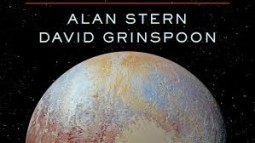 Chasing New Horizons (starts 1:00) brings the reader Inside the Epic First Mission to Pluto to hear the details and meet the personalities behind building, launching, and flying this audacious mission. How on Earth’s Joel Parker (also an astrophysicist on the New Horizons mission) speaks with authors and fellow scientists Alan Stern and David Grinspoon. (Booktalks at Boulder Bookstore and Tattered Cover). You can also listen to the full extended interview.
Chasing New Horizons (starts 1:00) brings the reader Inside the Epic First Mission to Pluto to hear the details and meet the personalities behind building, launching, and flying this audacious mission. How on Earth’s Joel Parker (also an astrophysicist on the New Horizons mission) speaks with authors and fellow scientists Alan Stern and David Grinspoon. (Booktalks at Boulder Bookstore and Tattered Cover). You can also listen to the full extended interview.
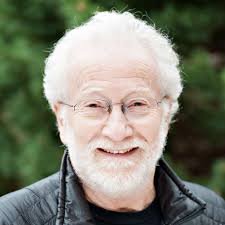 GoldLab Symposium (starts 13:00) This year’s symposium theme is Complexity: The Intersections Between Health and Policy. Boulder Entrepreneur and symposium founder Larry Gold speaks with How on Earth’s Shelley Schlender about this year’s annual symposium that explores the frontiers of science and health with an eye toward ideas that will inspire even the greatest world expert, with an ear toward being understandable to anyone in the room.
GoldLab Symposium (starts 13:00) This year’s symposium theme is Complexity: The Intersections Between Health and Policy. Boulder Entrepreneur and symposium founder Larry Gold speaks with How on Earth’s Shelley Schlender about this year’s annual symposium that explores the frontiers of science and health with an eye toward ideas that will inspire even the greatest world expert, with an ear toward being understandable to anyone in the room.
Host/Producer/Engineer: Shelley Schlender
Add’l Contributions/Executive Producer: Joel Parker
Podcast: Play in new window | Download (Duration: 27:07 — 24.8MB)
Subscribe: RSS
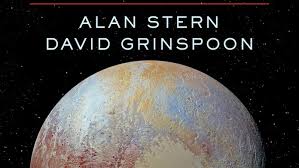



 With graduation season is upon us, today’s edition of How on Earth is the second of a two-part annual “Graduation Special”. Our guests in the studio today are scientists who will receive their Ph.D. in a STEM-related field. They talk about their thesis research, their grad school experiences, and what they have planned next.
With graduation season is upon us, today’s edition of How on Earth is the second of a two-part annual “Graduation Special”. Our guests in the studio today are scientists who will receive their Ph.D. in a STEM-related field. They talk about their thesis research, their grad school experiences, and what they have planned next.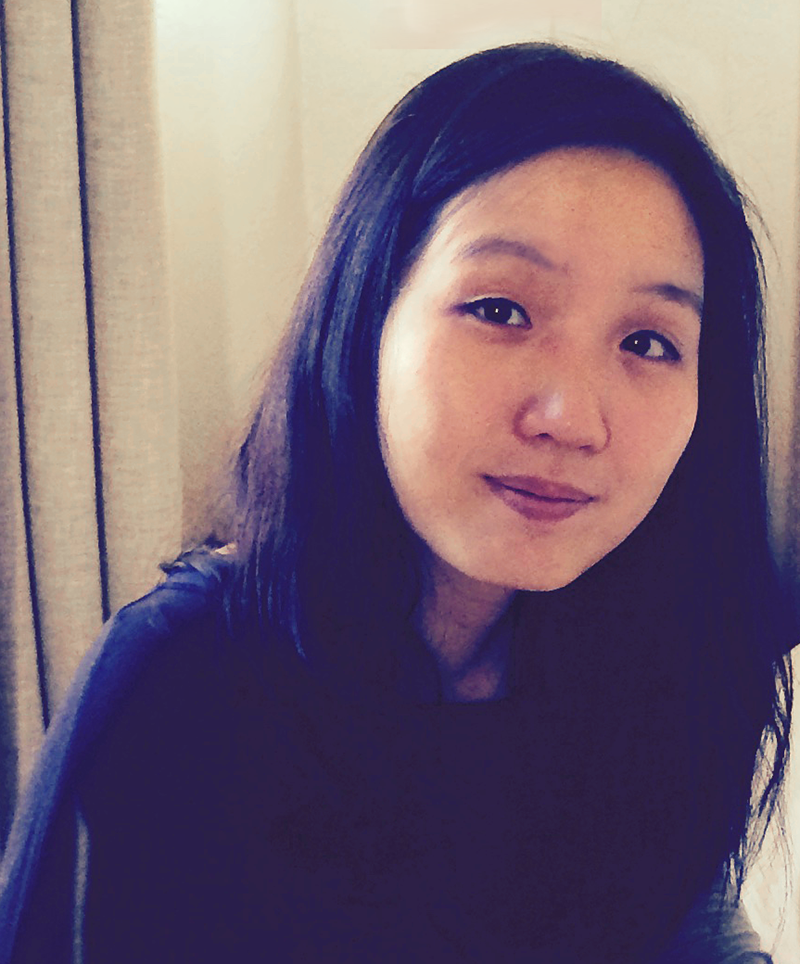 HyunJoo Oh – CU Boulder,
HyunJoo Oh – CU Boulder, 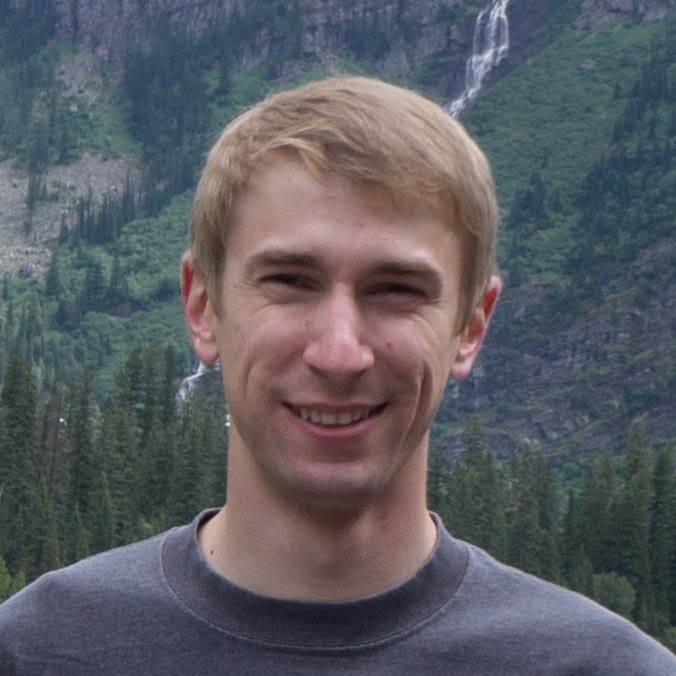 Nathan Parrish – CU Boulder,
Nathan Parrish – CU Boulder,  Diana Perry – Stockholm University,
Diana Perry – Stockholm University, 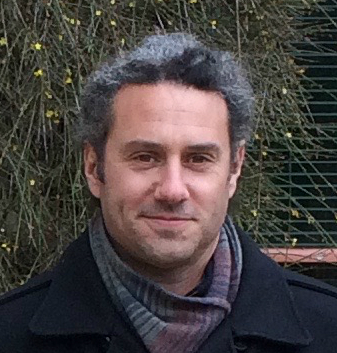 Oliver Paine
Oliver Paine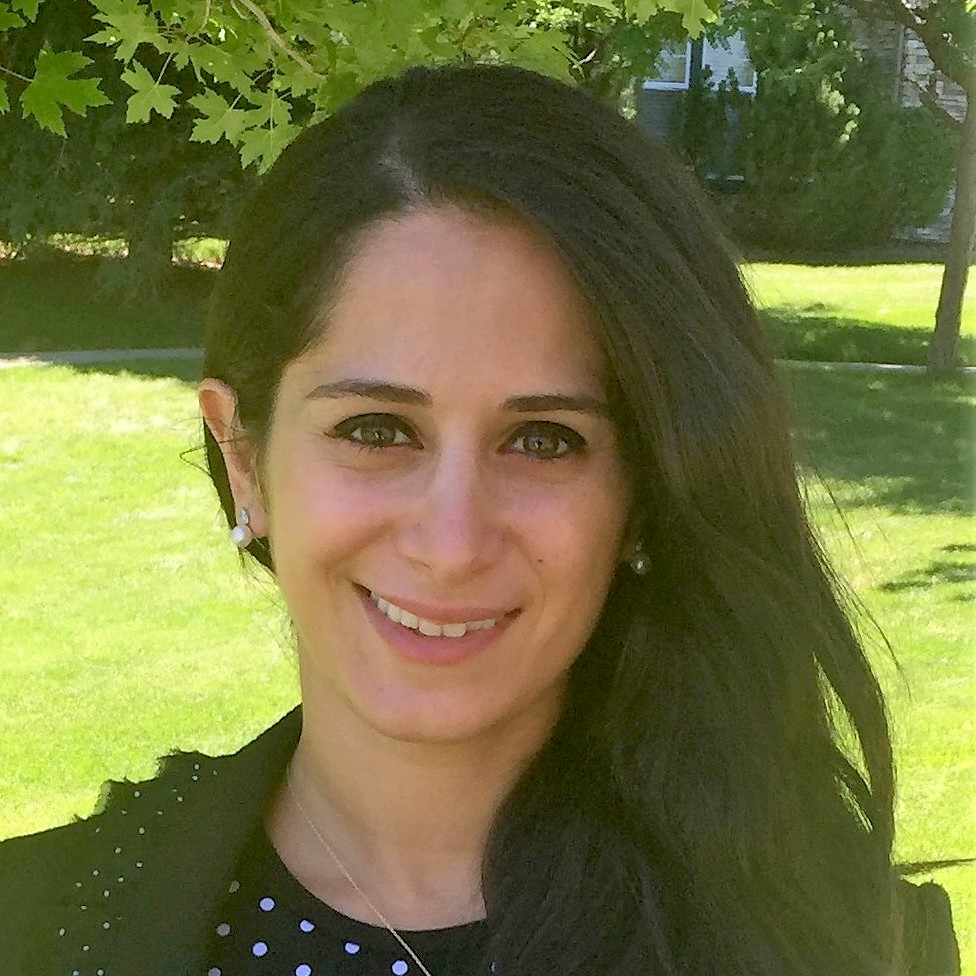 Diba Mani
Diba Mani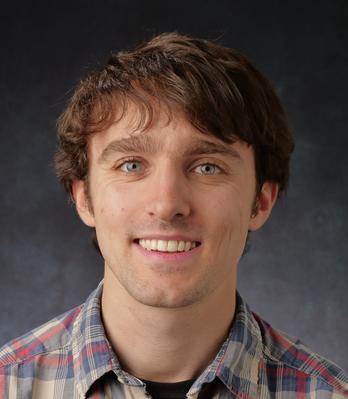 John Nardini
John Nardini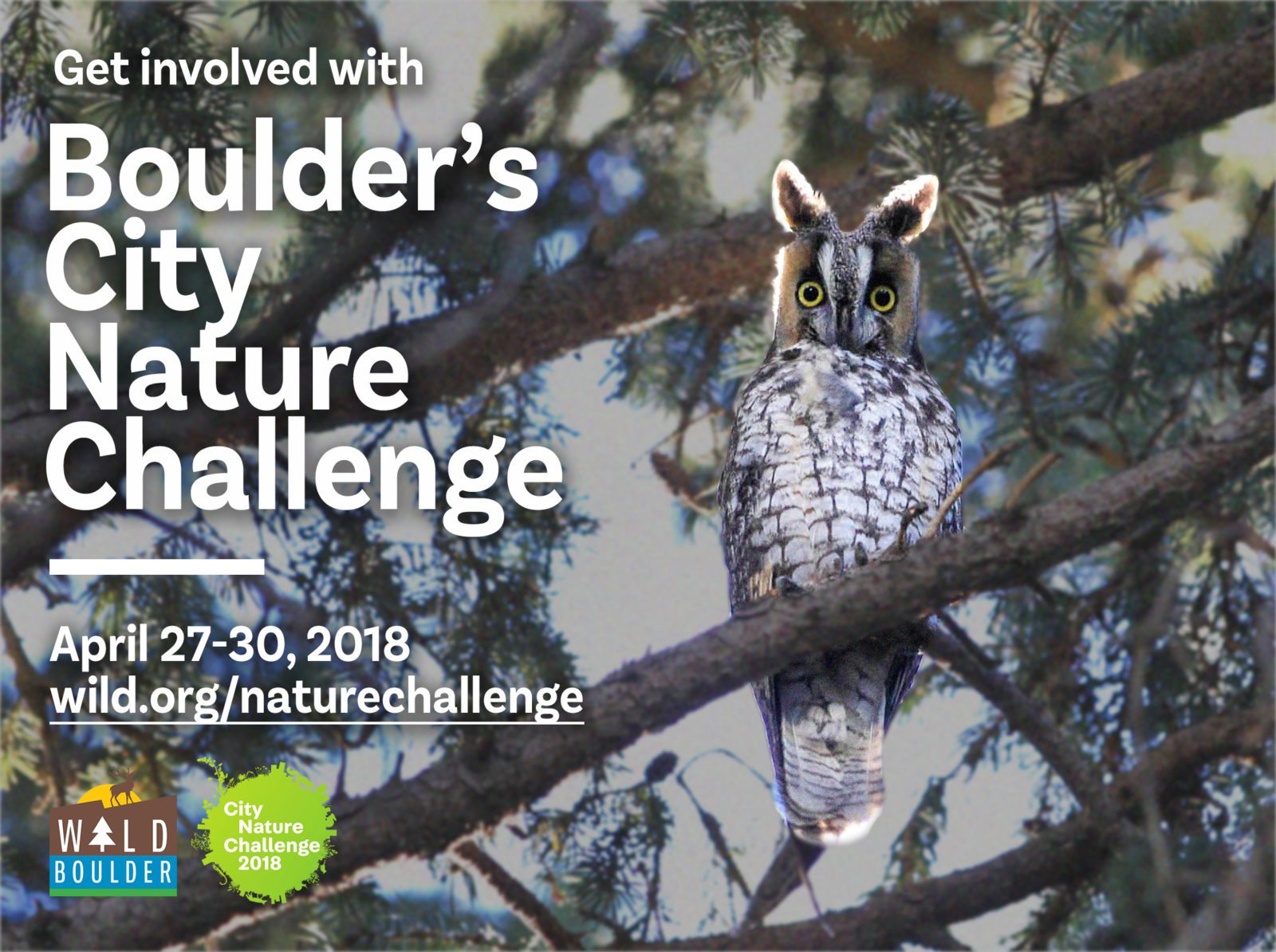
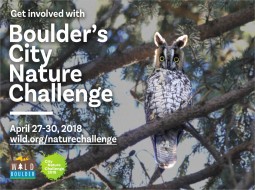 Attention all Nature Lovers and Amateur Naturalists, Friday April 27th kicks of the
Attention all Nature Lovers and Amateur Naturalists, Friday April 27th kicks of the 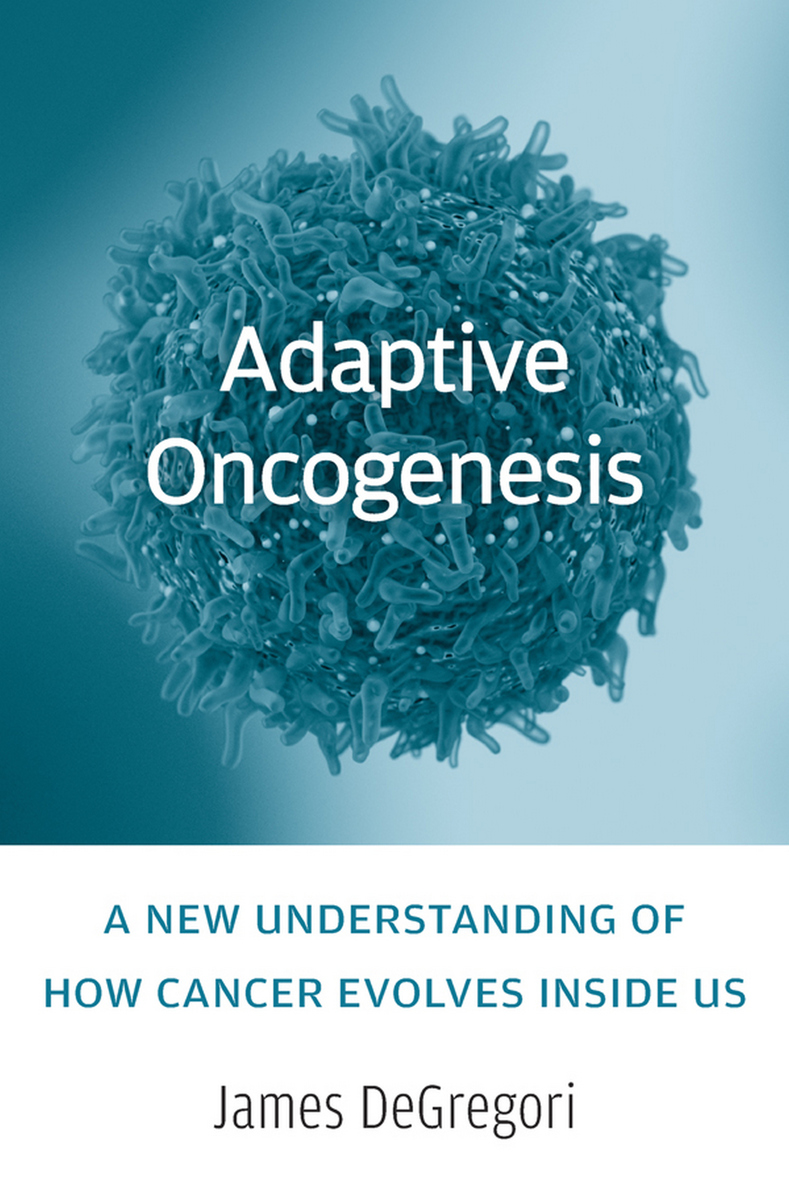
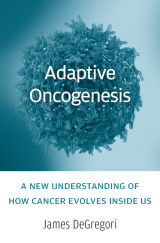 New Theory of How Cancer Evolves Inside Us (start time: 0:58): It is commonly known that cancer afflicts old people more than youth. Conventional wisdom has held we get cancer with age largely because we accumulate lots of genetic mutations over many years, and it’s the mutations that cause cancer. Our guest,
New Theory of How Cancer Evolves Inside Us (start time: 0:58): It is commonly known that cancer afflicts old people more than youth. Conventional wisdom has held we get cancer with age largely because we accumulate lots of genetic mutations over many years, and it’s the mutations that cause cancer. Our guest, 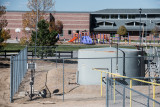
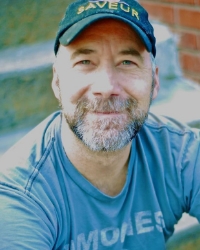
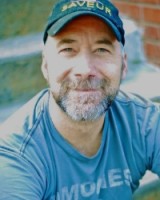


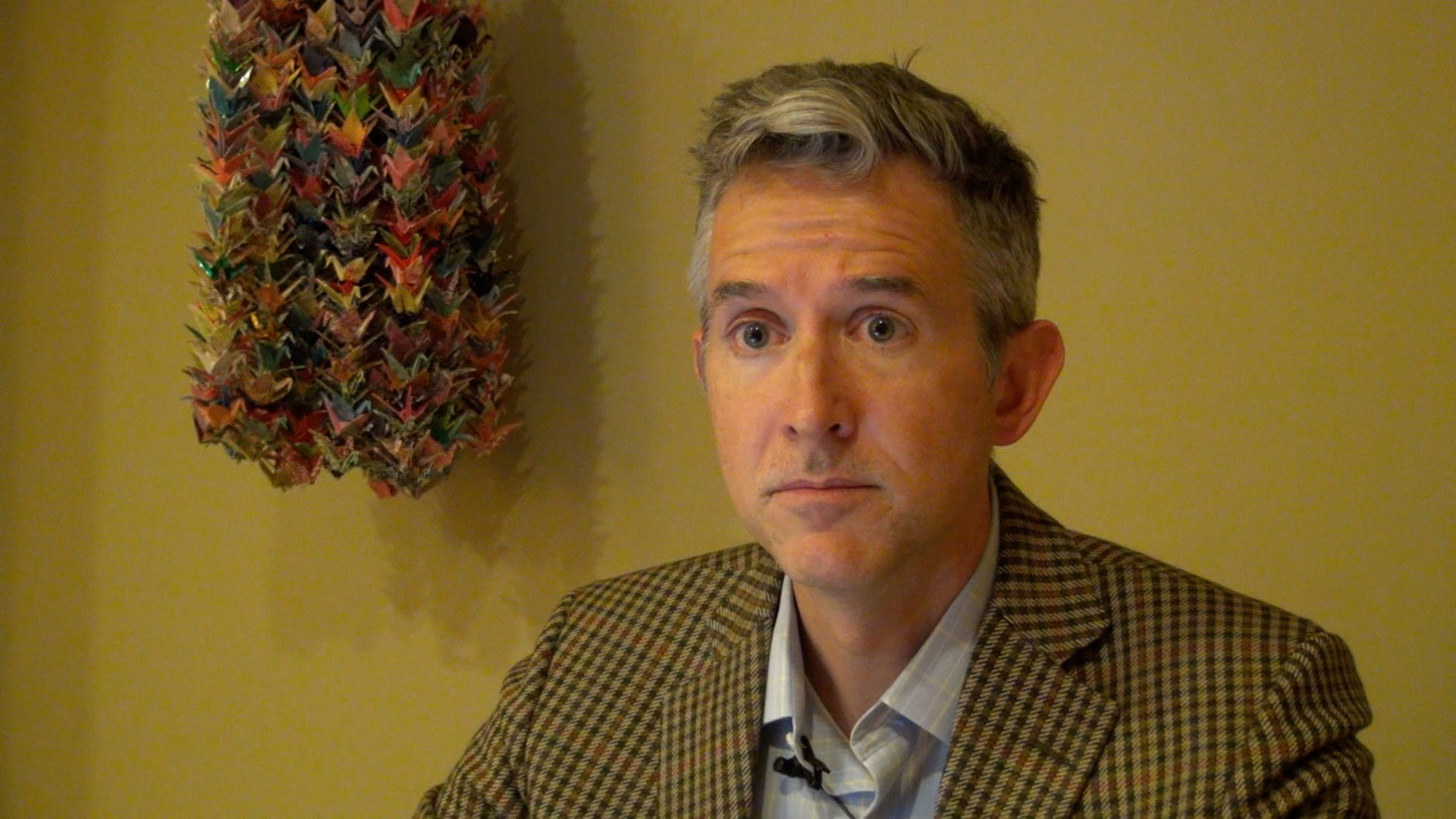
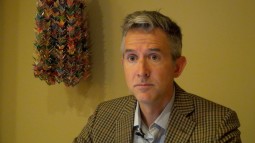
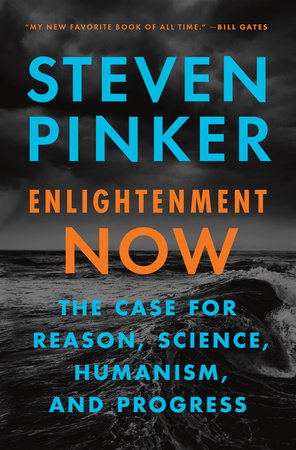
 You may be among many who wistfully harken back to the “golden days” of the past. For some people the past does look rosier, or perhaps the present looks grim, but, according to
You may be among many who wistfully harken back to the “golden days” of the past. For some people the past does look rosier, or perhaps the present looks grim, but, according to 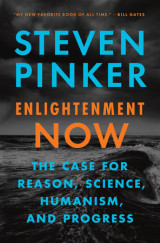 Today’s pledge-drive show features parts of our recent interview with Steven Pinker.
Today’s pledge-drive show features parts of our recent interview with Steven Pinker.